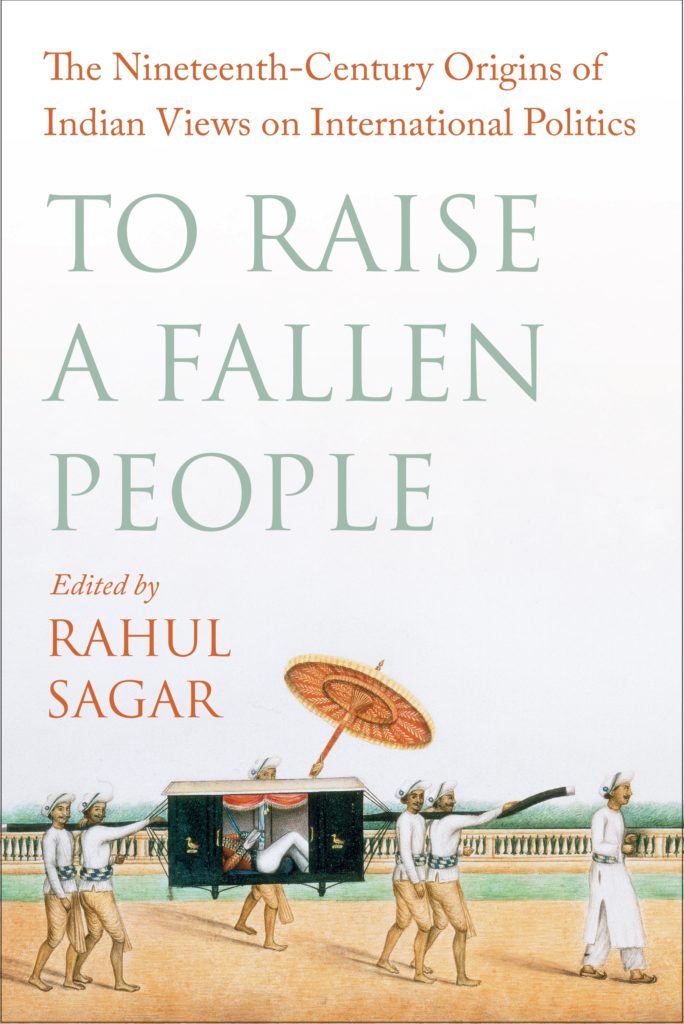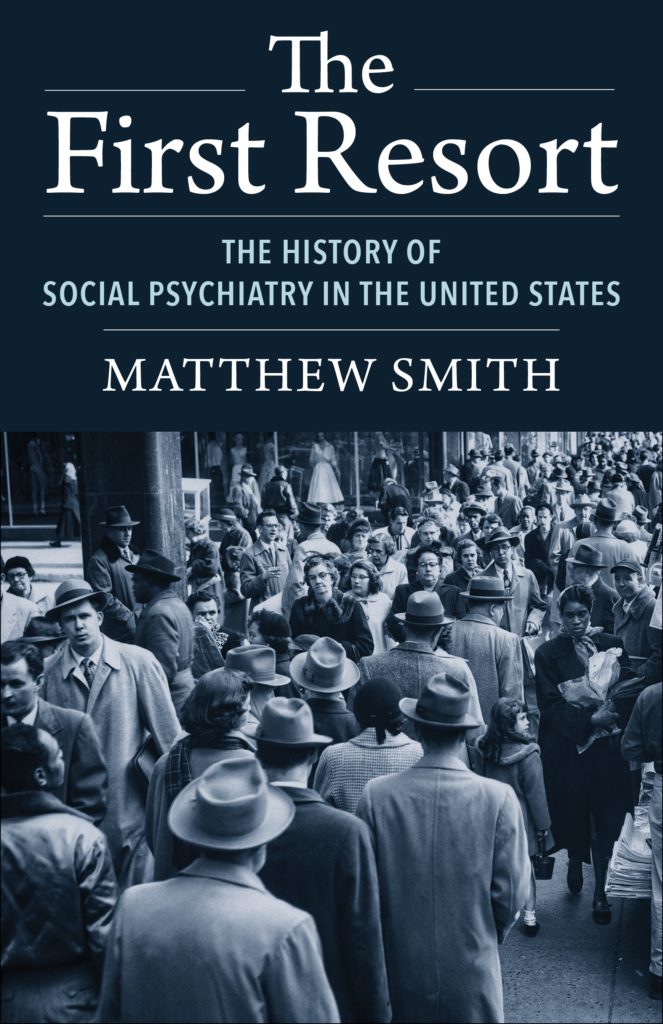Announcing Our 2023 History Catalog

Letter from the Editors:
We are pleased to present the 2023 history catalog from Columbia University Press. We have a slate of new books that examine the life and legacy of globally important intellectual figures, U.S. intrigue in the Cold War, the history of capitalism, and more.
In global history, new titles examine the intellectual foundations of debate, dissent, and change. Perry Link and Wu Dazhi’s forthcoming book I Have No Enemies focuses on the courageous life and work of Chinese dissident and Nobel Peace Prize winner Liu Xiaobo and his contemporaries in the late twentieth century. Mike Chinoy’s oral history of American journalists in China from Mao to the present, Assignment China, looks at the challenges and rewards of covering China from the outside over many tumultuous decades. Frances Hartog’s Chronos, newly translated from the French, explores how our understanding of time has evolved from Ancient Greece to the Enlightenment and beyond. And in To Raise a Fallen People, Rahul Sagar collects important pre-independence texts on international politics from top Indian intellectuals to demonstrate how interested the Indian people were in their place in the world even before they became a modern nation.
We have several new titles in American history, all of which illuminate areas of contemporary concern, from the treatment of mental illness to the politics of firearms. In Neither Confirm nor Deny, M. Todd Bennett explores the effects of the Glomar mission—in which the CIA tried to lift a sunken Soviet submarine from the bottom of the Pacific—on government transparency during the Cold War. In Vote Gun, Patrick Charles traces the rise of contemporary gun politics from the turn of the century until 1980, and how gun politics transformed from local movements into a national movement devoted to Second Amendment absolutism. American Stamp looks at stamps as material culture, a venue for debates about American identity, citizenship, and consumerism. In The First Resort, the historian of medicine Matt Smith looks at the rise and fall of the social psychiatry movement, which sought to treat certain mental illnesses, such as depression, by introducing programs like universal basic income. Last, in The Rise of Corporate Feminism, Alison Elias tracks the entry of women into the workforce in the postwar era amid competing visions of corporate feminism.
We are proud to publish these groundbreaking books in history and we hope you enjoy
reading them.
Sincerely,
Caelyn Cobb, editor for global history
Stephen Wesley, editor for U.S. history
Categories:American HistoryCatalogsColumbia University PressHistory
Tags:Allison EliasAssignment ChinaChronosFrançois HartogI Have No EnemiesLaura GoldblattM. Todd BennettMatthew SmithMike ChinoyNeither Confirm nor DenyPatrick J. CharlesPerry LinkRahul SagarRichard HandlerThe American StampThe First ResorThe Rise of Corporate FeminismTo Raise a Fallen PeopleVote GunWu Dazhi
Related Posts
-

-

-
 African American / Black Studies / American History / Asian Studies / Business / Economics / Feminist Theory / Fernwood Publishing / Gender Studies / History / Literary Studies / Reading List / Women in Business / Women's History Month / Women's Studies
African American / Black Studies / American History / Asian Studies / Business / Economics / Feminist Theory / Fernwood Publishing / Gender Studies / History / Literary Studies / Reading List / Women in Business / Women's History Month / Women's StudiesSeven Must-Read Books for Women’s History Month 2025
-

-

-

-

-










